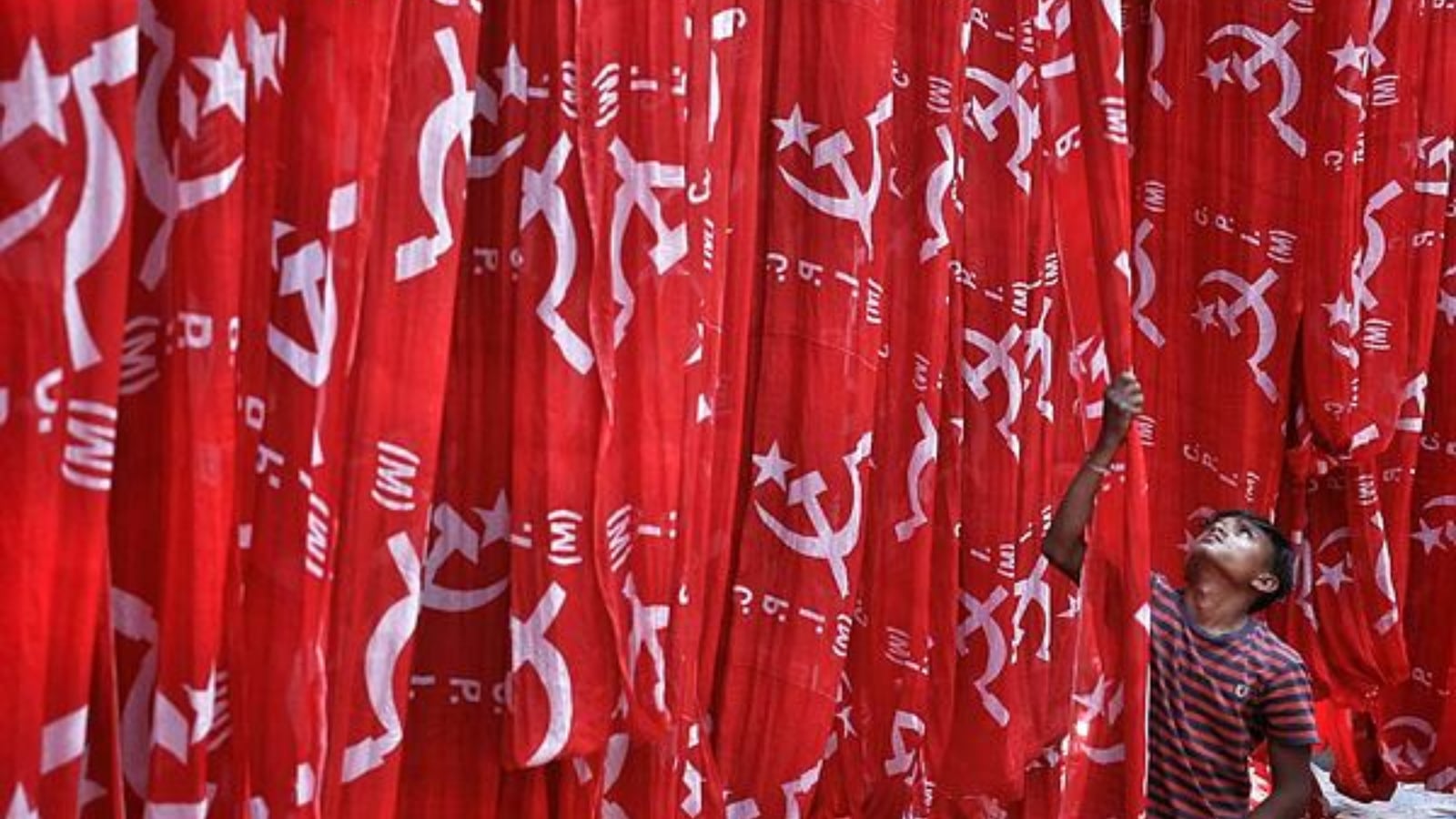

Dec 26, 2024 08:28 IST First published on: Dec 26, 2024 at 07:15 IST
The CPI’s history in the last 100 years is a saga of struggle and sacrifice for our country. The CPI’s foundation day, December 26, 1925, is etched in the history of India. India’s Independence struggle and the drafting of our Constitution is intertwined with diverse ideological movements, among which the Communist movement played a significant role. There were concerted efforts to form an all-India level organisation to voice the issues of workers, peasants, women and other marginalised sections from the late 1920s. Even before the Kanpur Conference (1925), the British were intolerant of Communist ideology. However, hardships like the Kanpur, Meerut and Peshawar conspiracy cases failed as Communists upheld people’s causes.
Early Communists focused on the plight of workers, peasants, and the oppressed classes, condemning British colonial rule as an exploitative force. At the same time, they targeted the oppressive social structures of caste and patriarchy. In the Kanpur Conference, the Chair, M Singaravelu, condemned the practice of untouchability. The CPI was the first organisation to refuse membership to members of any communal organisation. One of the central contributions of Communists to the independence movement was their early, steadfast demand for Poorna Swaraj. Mahatma Gandhi, Jawaharlal Nehru and Subhas Chandra Bose adopted this demand later. Communists demanded the formation of a Constituent Assembly that would represent the will of the people. They argued that any new political order should be based on the sovereignty of the people, reflected later in the Preamble’s invocation of “We, the People of India”.
Communists’ influence can be seen in the Constituent Assembly debates over land reforms, workers’ rights, and the protection of backward classes. The Telangana Rebellion, a major peasant uprising in the Nizam’s Hyderabad state, exemplified the CPI’s commitment to land reforms and social justice. Communists took the lead in mobilising people through organisations like the All India Trade Union Congress, All India Kisan Sabha, All India Students’ Federation, the Progressive Writers’ Association, etc. These revolutionary movements, coupled with the CPI’s ideological commitment to liberty, equality, fraternity, and justice helped reshape the post-Independence political discourse. The experience of popular uprisings and workers’ resistance underscored the need for a constitution that would guarantee social and economic rights alongside political freedoms.
The RSS, also founded in 1925, played a dubious role during India’s freedom struggle. It maintained an ambivalent, and at times, openly hostile stance towards the struggle. It was primarily focused on promoting a vision of Hindu nationalism and, unlike the Congress and the Communist Party, did not participate in the anti-colonial movement. In fact, its ideological position aligned with elements of the British colonial state, as they shared a common contempt for the secular, inclusive vision of an independent India. Instead, the RSS focused on consolidating a narrow majoritarian identity and found a friend in British colonialism. It still advocates a divide-and-rule policy.
Communists took an uncompromising stance against both colonial rule and the communal tendencies of the RSS. They recognised that imperialism was not the only challenge facing India; the struggle for justice, equality, and social liberation was just as critical.
most read
As the CPI observes its centenary, the ongoing attack on the values enshrined in the Constitution by the RSS is a matter of deep concern. The RSS and its affiliates consistently called for a reimagining of India’s identity as a Hindu Rashtra, which B R Ambedkar called a calamity for the nation. Efforts to alter or dilute provisions related to reservation for Dalits, backward classes, and minorities as well as attempts to rewrite history, redefine Indian nationhood and reinterpret constitutional values, reflect the RSS’s broader agenda.
In response to these attacks, a broad-based resistance movement has emerged, with various groups, including Communists, playing a role in defending the Constitution’s values. The Communists are amongst those at the forefront. The Left has been particularly vocal in opposing attempts to erode the constitutional protections, emphasising the need for social and economic justice in a nation still grappling with deep inequalities. This ongoing battle remains critical in preserving the democratic fabric of India against the forces of communal fascism and crony capitalism. This is our task — to protect and expand the legacy of a hundred years and to play a glorious role in fighting for a new India: Classless, casteless and socialist.
The writer is general secretary, CPI
Why should you buy our Subscription?
You want to be the smartest in the room.
You want access to our award-winning journalism.
You don’t want to be misled and misinformed.
Choose your subscription package


